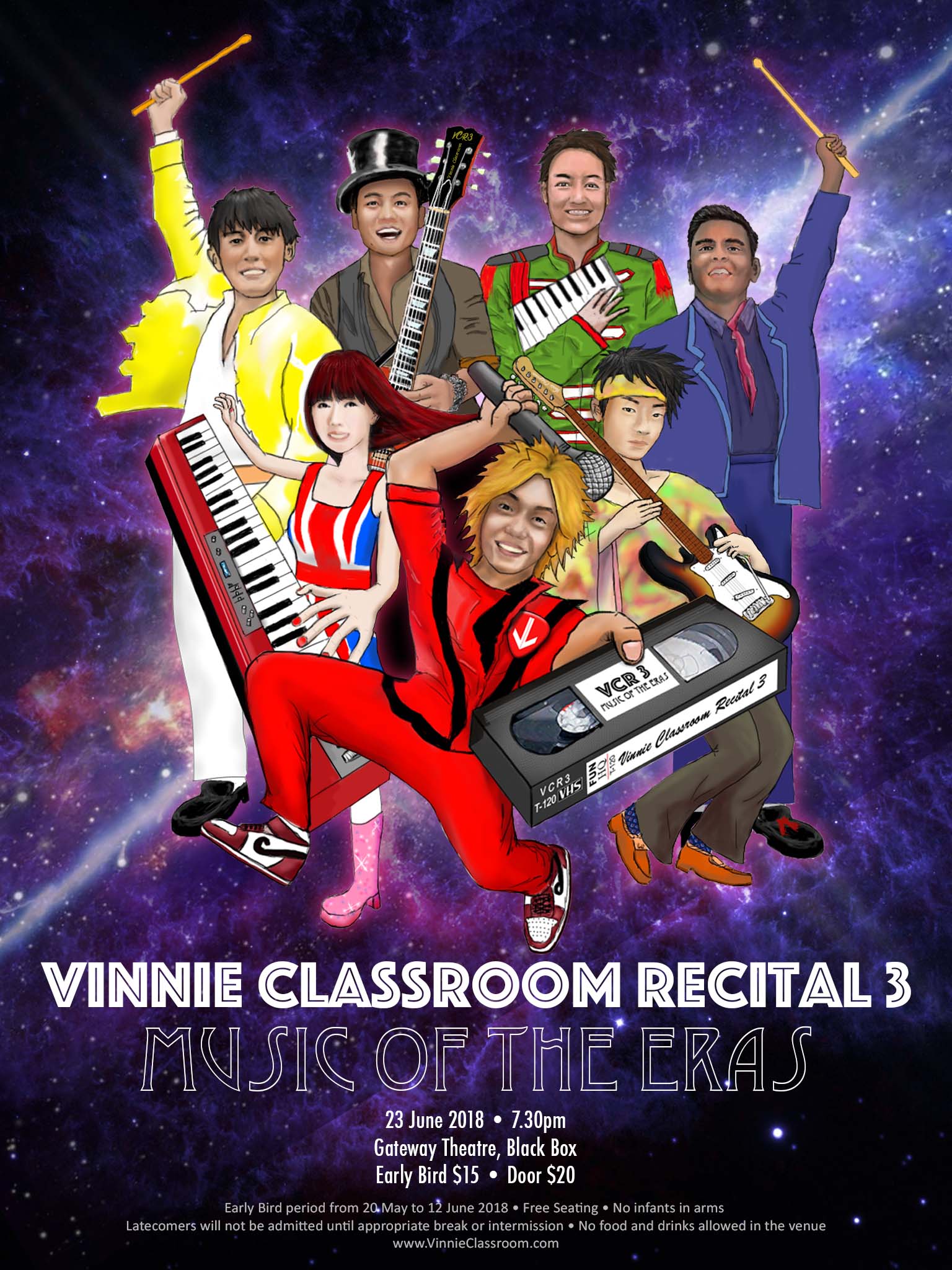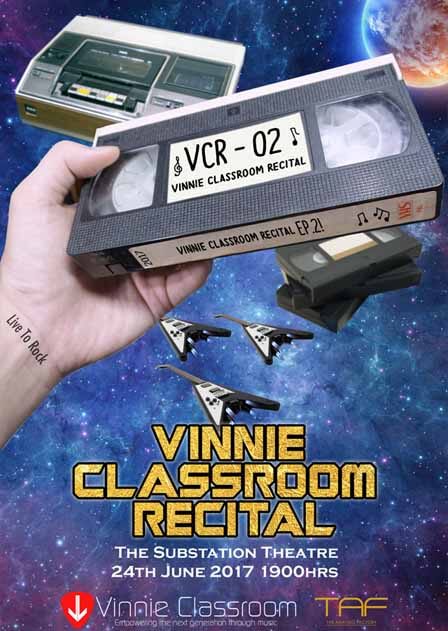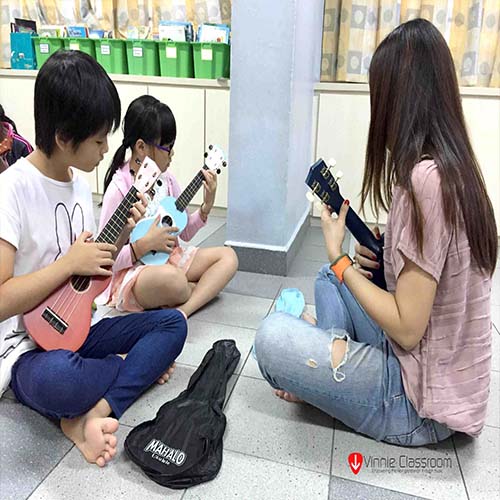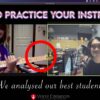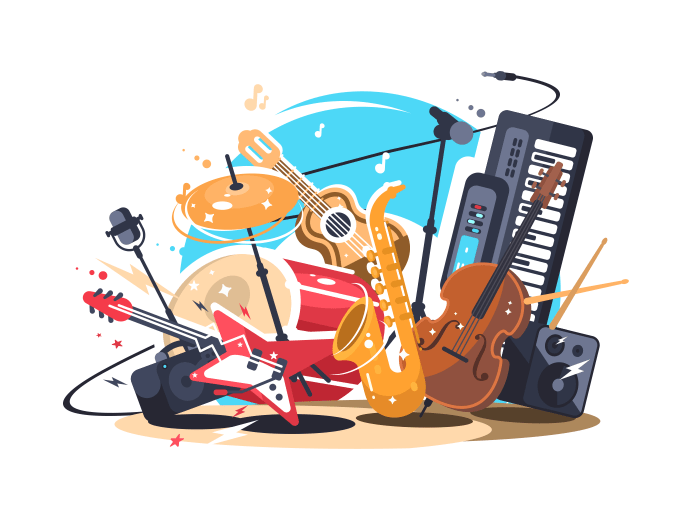
Looking for Music Lessons in Singapore?
Our Views on Yamaha and Cristofori Music Schools
If you are looking for music lessons in Singapore, two names that pop up are Yamaha and Cristofori because they have centres dotted all around Singapore. They are well-known mostly for group music lessons that cater to younger children with the option for one-to-one lessons as they progress through the years.
We feel that personalised lessons tend to provide better attention to detail for each individual student. Therefore, it is important that the group is not so big that the teacher cannot focus on each student properly. In our humble opinion, music schools that offer one-to-one sessions are preferable. This is especially so for beginners who need to develop and train good techniques and habits.
The most crucial step you must take before signing up with a school is to audition the music teacher. This means you must know if the music teacher you or your child is taking lessons from is qualified. And we don’t mean just paper qualifications. When a music school has many branches, the quality of their music teachers could suffer. It’s important to check if music teachers are hired based not only on their certifications but also their years of experience and their attitude towards teaching.
Some music schools offer a Free Trial Lesson for all new sign-ups. Aside from being able to audition the teacher, you will also experience a lesson first-hand and have a clearer picture of how lessons are conducted.
Is it important to attend one of the Top 10 Music Schools in Singapore?
A top-listed music school may not necessarily improve your musical ability nor ensure you’ll learn any faster than a smaller, more dedicated music school. Every student is unique and has a different learning rate. In the same way, music schools are also varied and offer different advantages.
The list of top 10 schools you see is likely an inaccurate representation of the music school demographics in Singapore. There are many music schools in Singapore and it is unlikely that the selected top 10 schools on that internet list are compiled with a proper point scoring system or an objective assessment of each and every school. This creates a biased and skewed image of the music school scene. What’s more, the list you see might also be dated.
Just remember that big doesn’t necessarily mean best. Smaller music schools may be able to cater to your needs more personally and follow-up on your music education more efficiently.
What’s Music Education like in Singapore?
With the proliferation of music schools in Singapore, what should you look out for when signing up for music classes? Obviously, the teacher is very important. He or she needs to be qualified and experienced. It also helps if he/she can establish a good rapport with students. Aside from this, look for a school with a different approach from the others.
Some schools offer an approach that is performance-oriented. This means that while striving for good academic results is important, these schools place great value on gaining experience as performers. Students will learn more beyond the exam curriculum and understand the tough requirements needed to put up a good show. This ultimately trains and improves students who will grow as artists and overcome performance-related anxiety. You’ll see that attention to these small details plays a big part in ensuring a good music education.
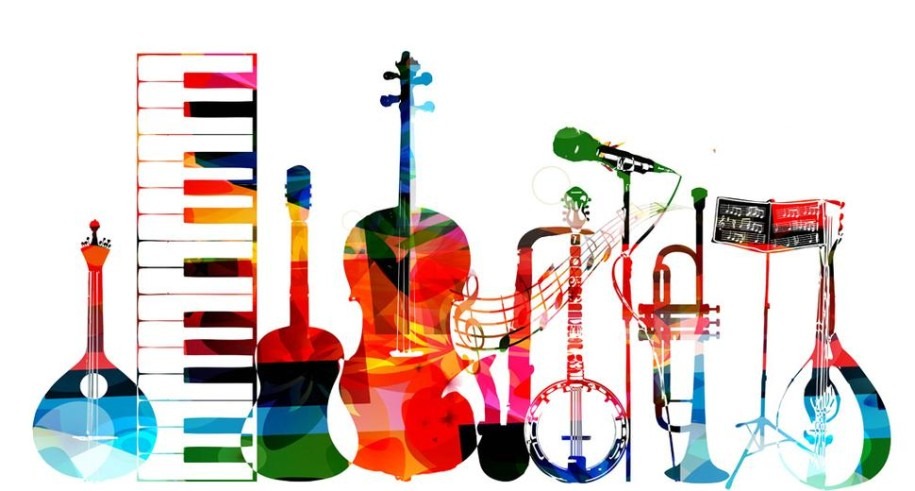
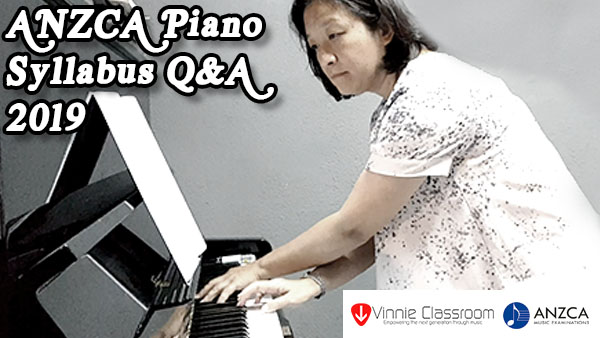

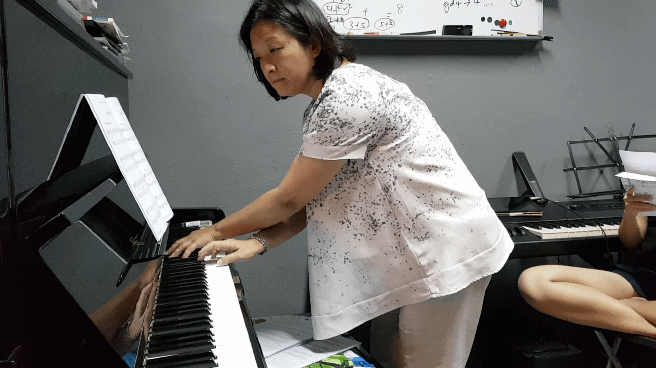
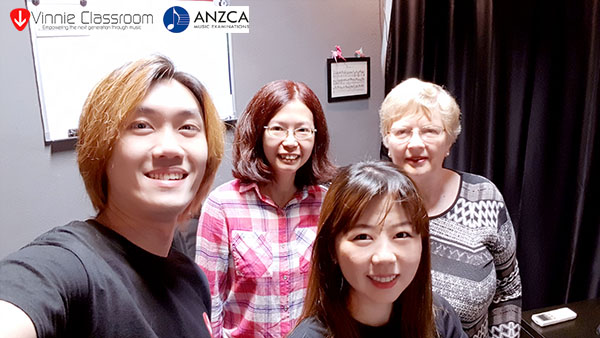

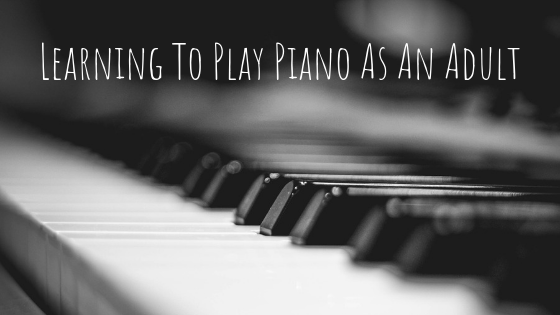

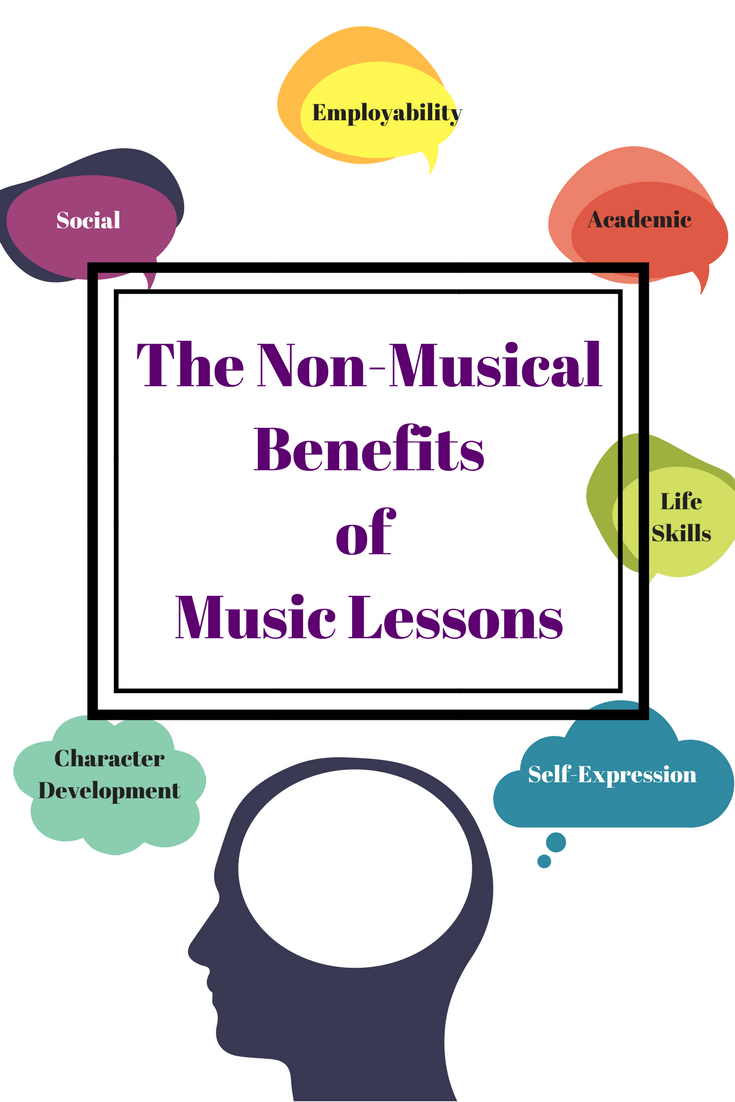
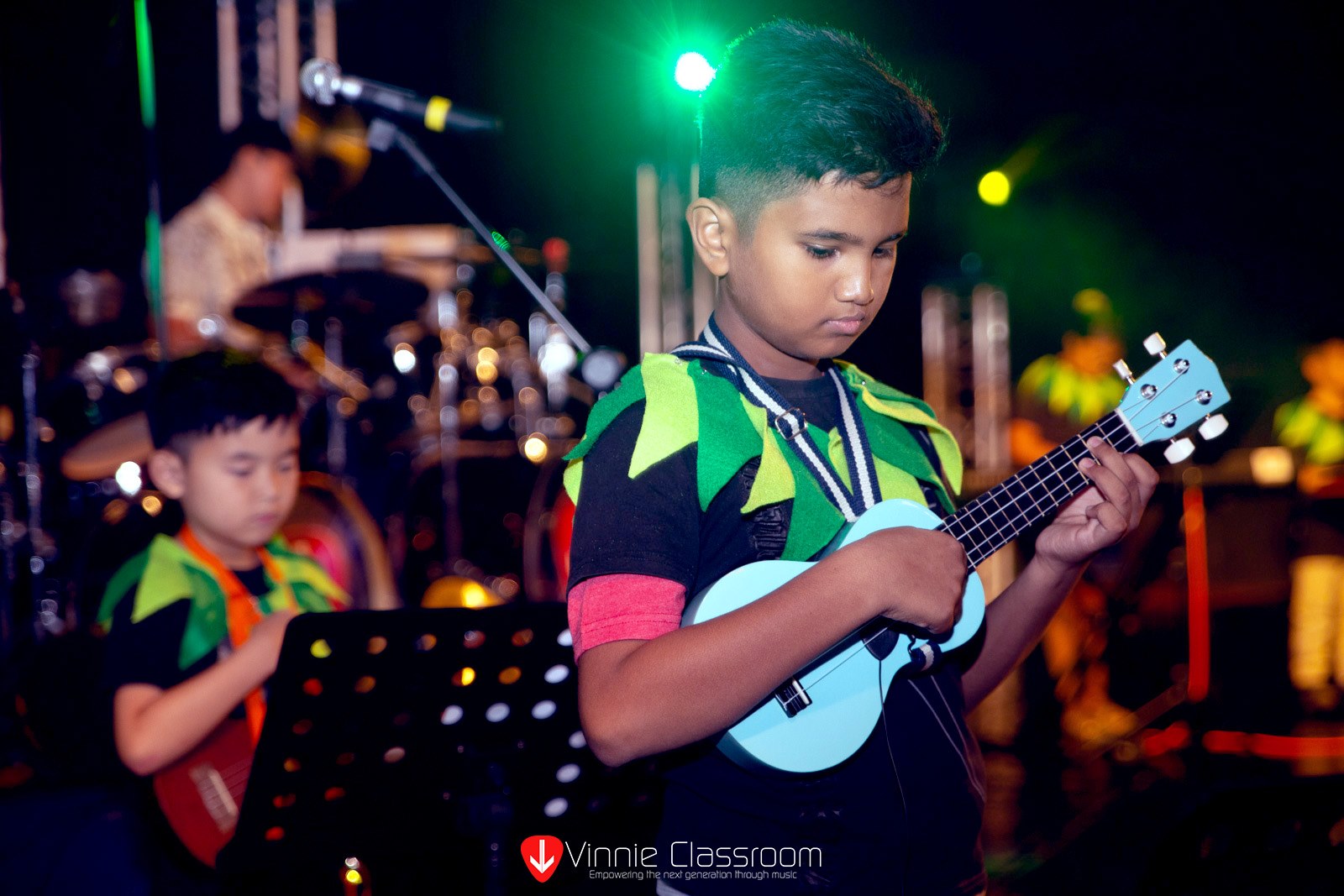
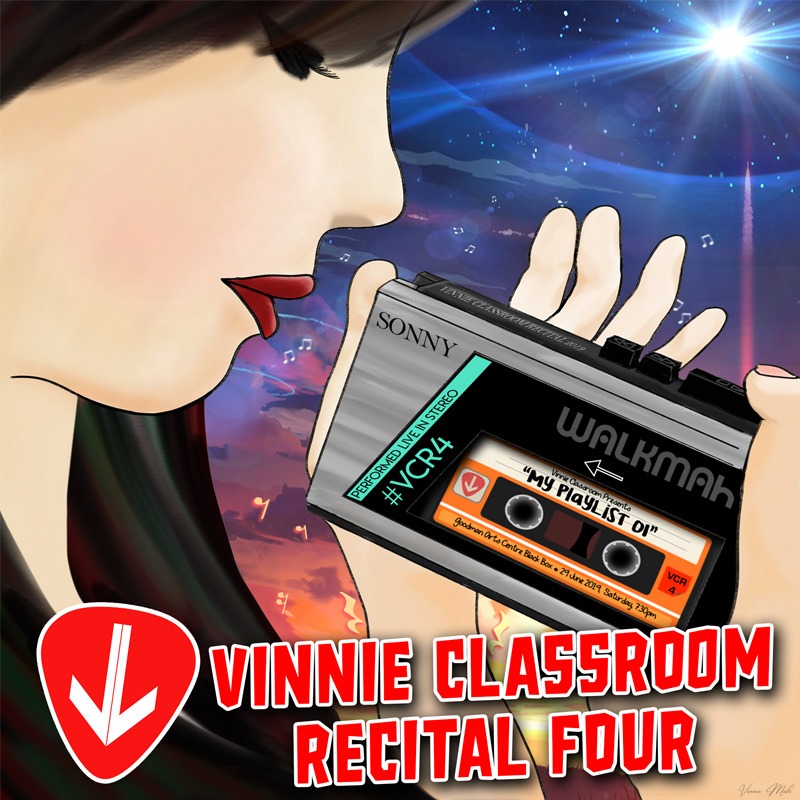
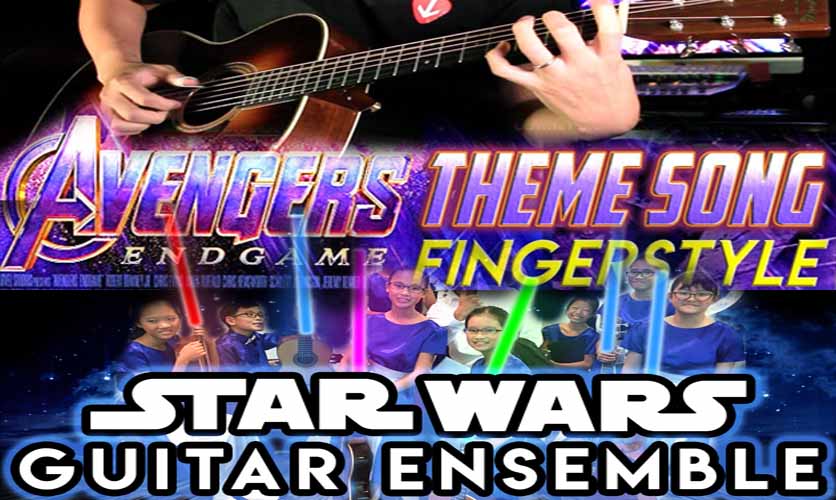


 interested. I’m seeing talent in him
interested. I’m seeing talent in him

